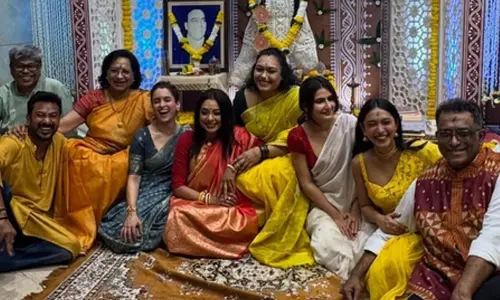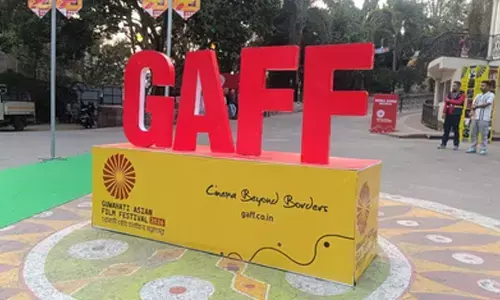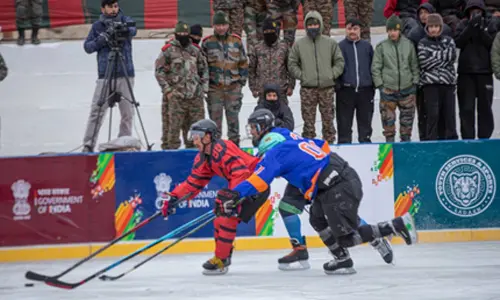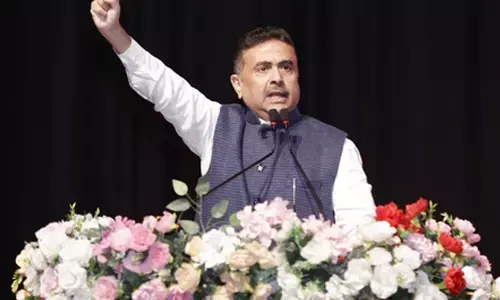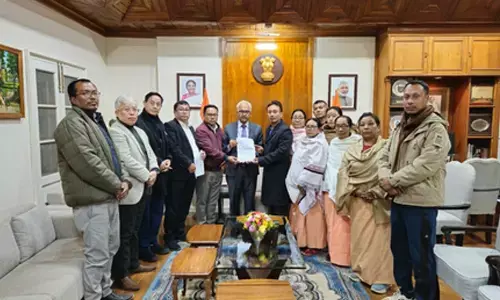CJI hails 'basic structure' verdict
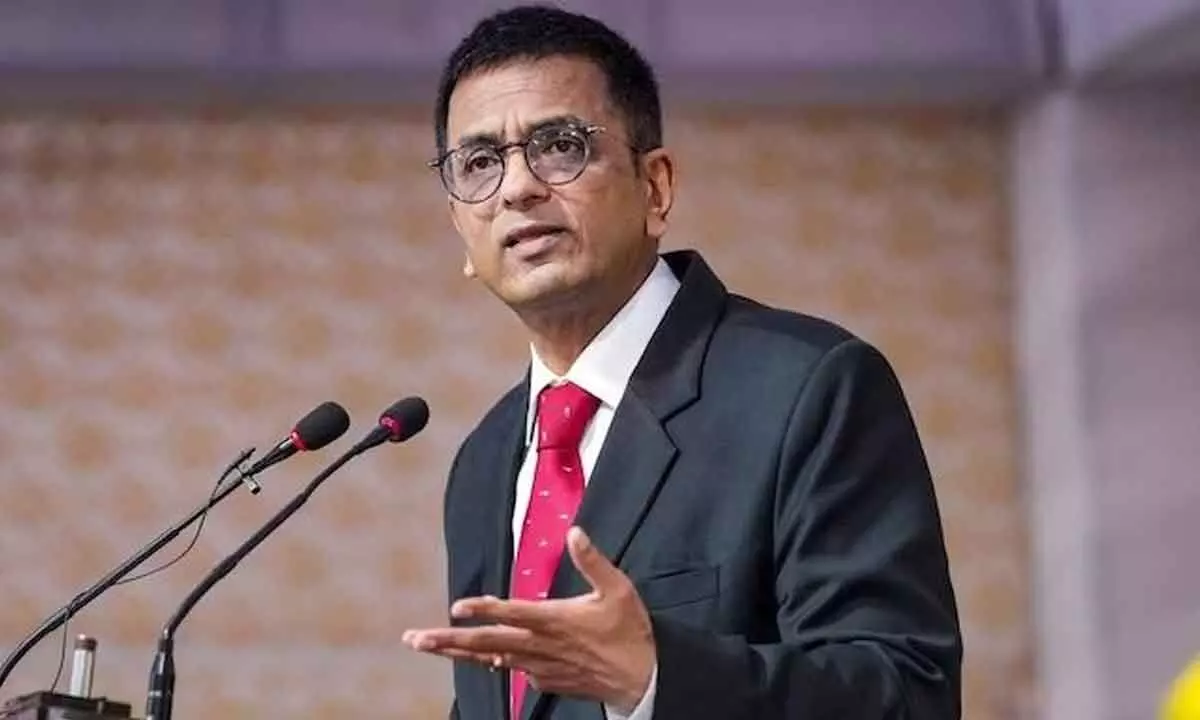
Says it guides interpreters of Constitution like a ‘North Star’
New Delhi: Ten days after Vice President Jagdeep Dhankhar criticised the Supreme Court for setting a bad precedent by its 1973 judgment that evolved the doctrine of basic structure, Chief Justice of India D Y Chandrachud termed the verdict a 'ground-breaking' judgment that guides the judges like a 'North Star' in interpreting and implementing the Constitution.
Delivering the 18th Nani Palkhivala Memorial Lecture organised by the Bombay Bar Association, the CJI asserted that the judgment in the Kesavananda Bharati case aids in keeping the soul of the Constitution intact even as judges interpret the text of the Constitution with the changing times.
"The basic structure of our Constitution, like a North Star, guides and gives a certain direction to the interpreters and implementers of the Constitution when the path ahead is convoluted. The basic structure or the philosophy of our Constitution is premised on supremacy of the Constitution, the rule of law, separation of powers, judicial review, secularism, federalism, freedom and dignity of the individual and unity and integrity of the nation," said justice Chandrachud. The CJI underlined that the year 2023 marks fifty years "since our country firmly established the doctrine of basic structure in our legal landscape" by holding that Parliament had the power to amend any part of the Constitution, including the chapter on Fundamental Rights, the power cannot be so exercised as to alter or destroy the basic structure or framework of the Constitution.
He added that the basic structure judgment is a "rare success story" which was emulated by India's neighbouring countries such as Nepal, Bangladesh and Pakistan. "Different formulations of Basic Structure doctrine have now emerged in South Korea, Japan, certain Latin American and African countries. The migration, integration, and reformulation of the doctrine of basic structure in constitutional democracies across continents is a rare success story of diffusion of legal ideas in our interconnected world," said justice Chandrachud, recalling eminent jurist Nani Palkhivala's contribution as a lead lawyer in arguing the Kesavananda Bharati case before the 13-judge bench.
The CJI's emphasis on the significance of the 1973 judgment closely follows Dhankhar's strong remarks against the Supreme Court for evolving the doctrine of basic structure.
Addressing a public event at Jaipur on January 11, the Vice President asked if the judiciary can put fetters on Parliament's powers to amend the Constitution and frame laws in a democratic nation.










